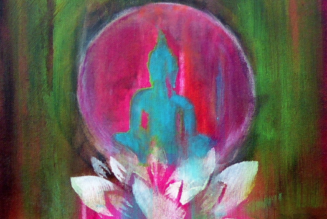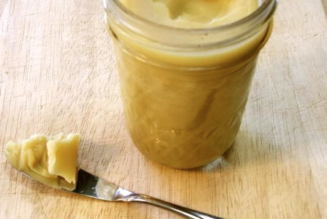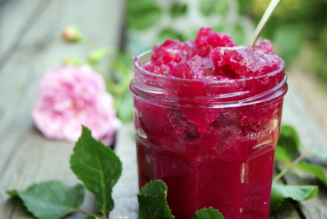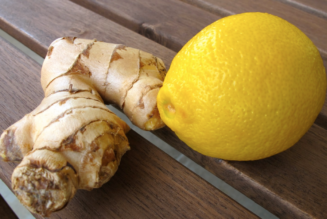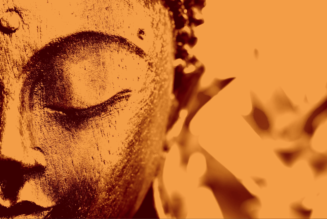Dashamula – “The Ten Roots”
Dashamula is an ayurvedic formulation made up of ten herbs. The name Dashamula translates to ‘The ten roots’ and it is a potent ayurvedic formula. It is particularly beneficial to disorders of the nervous system and lungs. It is also frequently used as an enema as it helps to alleviate constipation, lower back conditions and inflammation in the pelvic and sacral areas.
Dashamula has expectorant, nervine, analgesic and febrifuge actions. It directs the air and space elements in the body to flow downward and alleviates most nervine disorders associated with weakness, debility and pain. It is particularly effective in tremors, sciatica and parkinsons. Dashamula is also used in cases of dry coughs associated with respiratory weakness.
Properties:
Dashamula is a heavy, dry herb and has a sweet, astringent taste with a warming effect in the body. Its post digestive effect is pungent and it works especially well on the nerve, digestive and respiratory systems.
The Ten Roots
Dashamula is a formulation of equal parts of of the ten following roots:
· Agnimantha
· Bilwa
· Bruhati
· Gokshura
· Kantakari
· Kashmari
· Patala
· Prushniparni
· Shaliparni
· Shyonaka
Usage:
There are many combination compounds that involve Dashamula to address certain conditions.
Some being:
1. Dashamula with Ashwagandha and Bala is commonly used in an oil for lower back pain
2. Dashamula with trikatu and vasa for respiratory conditions
3. Dashamula with tulsi for fevers.
Other Ways To Help Balance Vata Dosha
Some indications of dashamula, amongst others, include:
· Parkinsons
· Ungroundedness
· Headaches
· Fever
· Sciatica
· Tinnitus
· Neuralgia
· Asthma
· Colics
· Arthritis
· Tics and tremors
· Lumbago
· Dry cough
· Debility
A Word Of Caution:
This is strictly for educational purpose and not medical advice. Caution should be exercised in using dashamula especially in cases of heaviness and excess heat in the body. It is generally not advised during pregnancy. As always, consult with your physician and practitioner before starting a herbal program.
References:
· Lad, V. (2002). Textbook of Ayurveda. Albuquerque, N.M.: Ayurvedic Press.
· Lad, V., & Frawley, D. (1986). The yoga of herbs.
· Pole, S. (2013). Ayurvedic medicine the principles of traditional practice.
· Green, J. (2000). The herbal medicine-makers’ handbook a home manual.
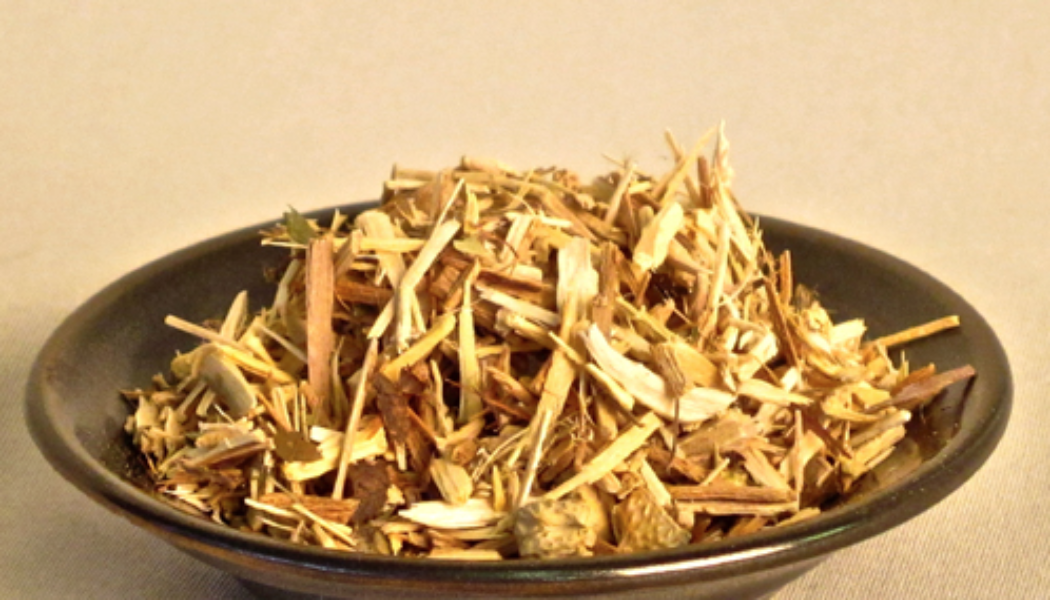
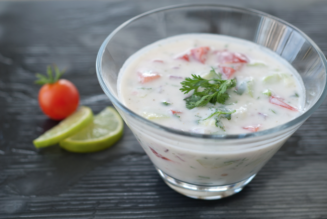
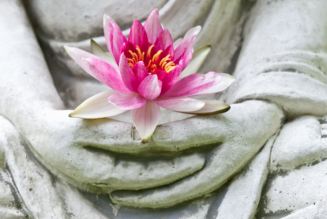
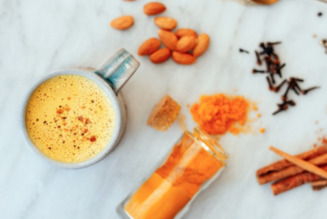
![Female Health: Amenorrhea [cessation of menses] – An Ayurvedic Perspective](https://healthyayurveda.com/wp-content/uploads/2015/07/1.-Amenorhea--327x219.png)
